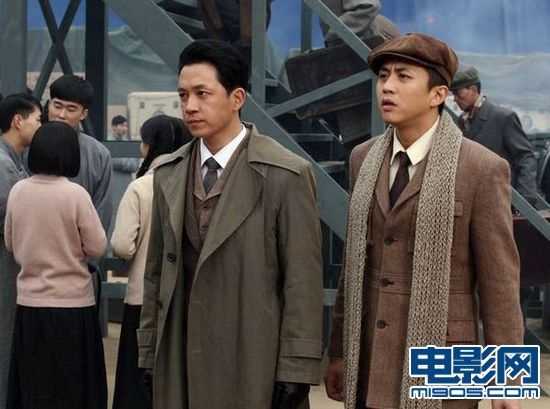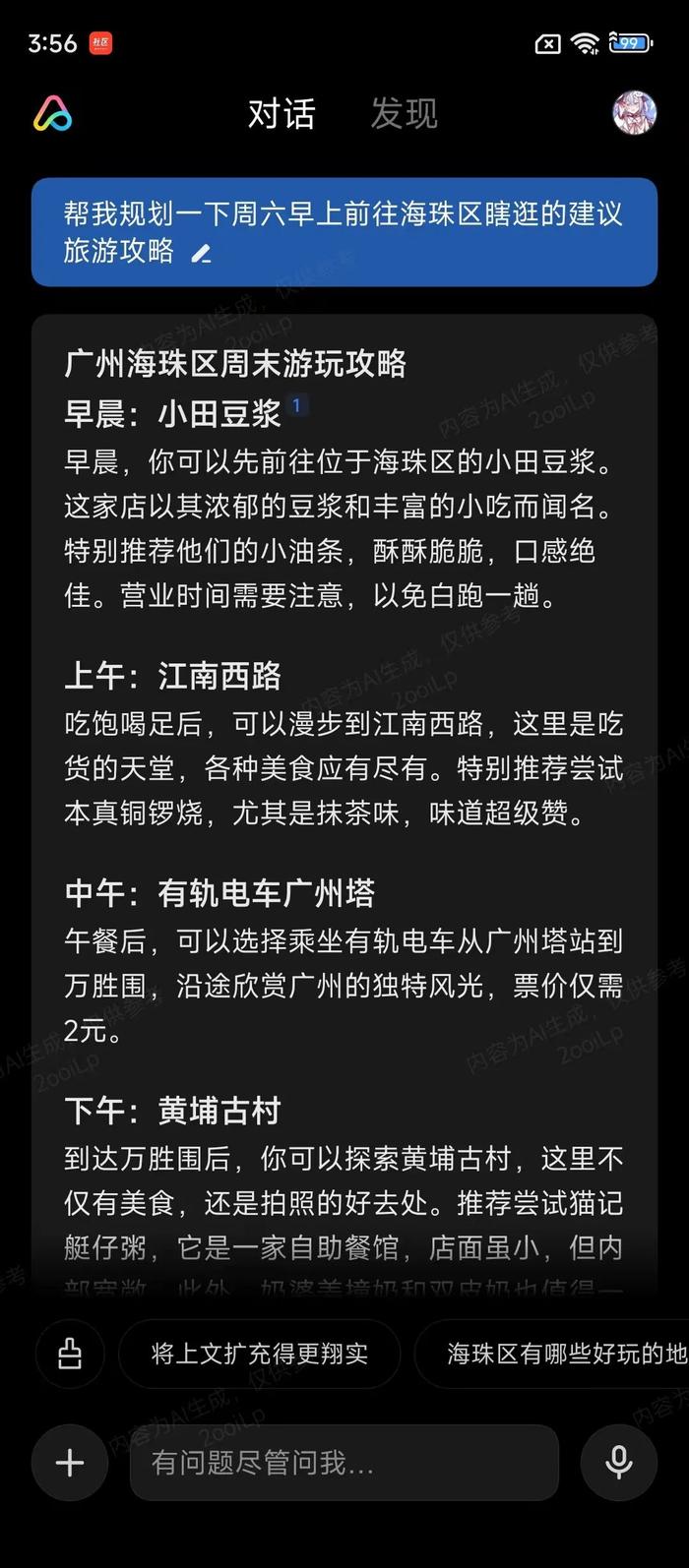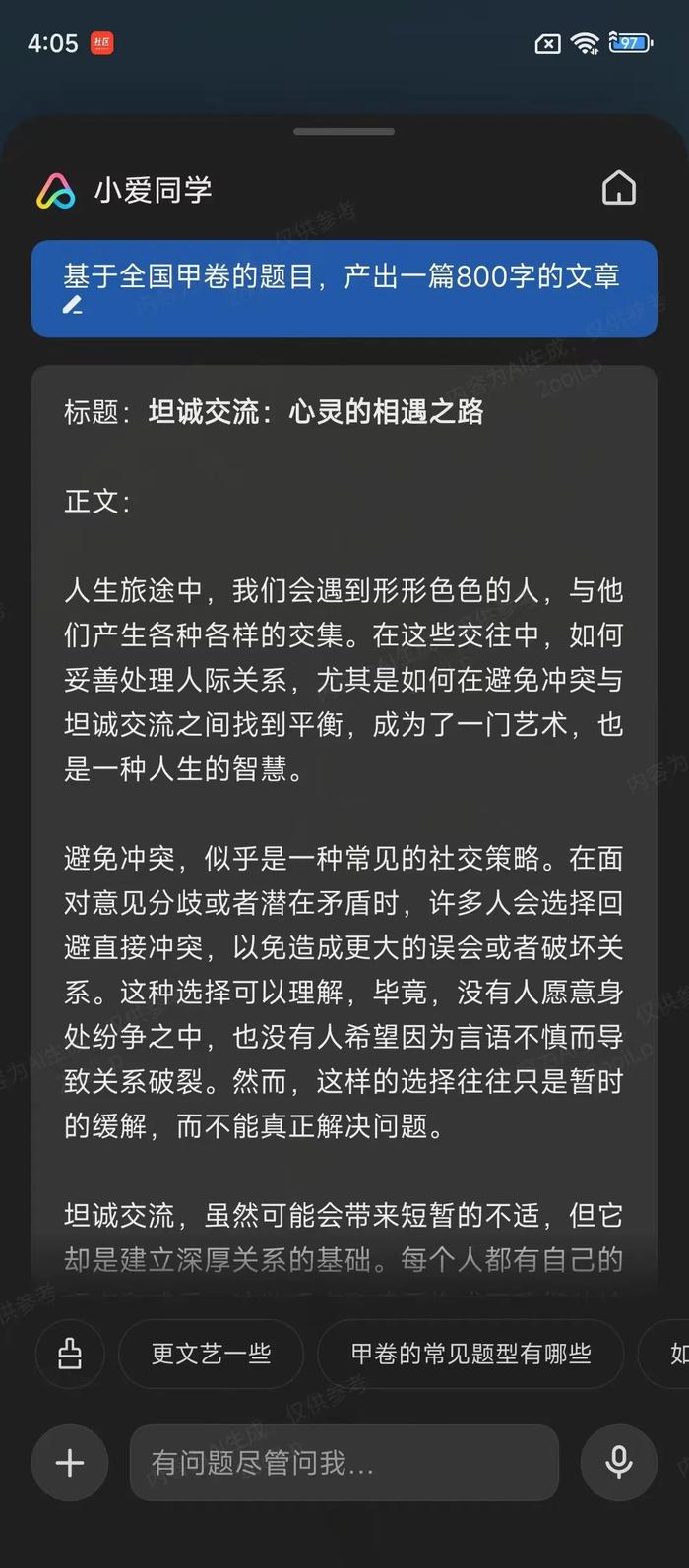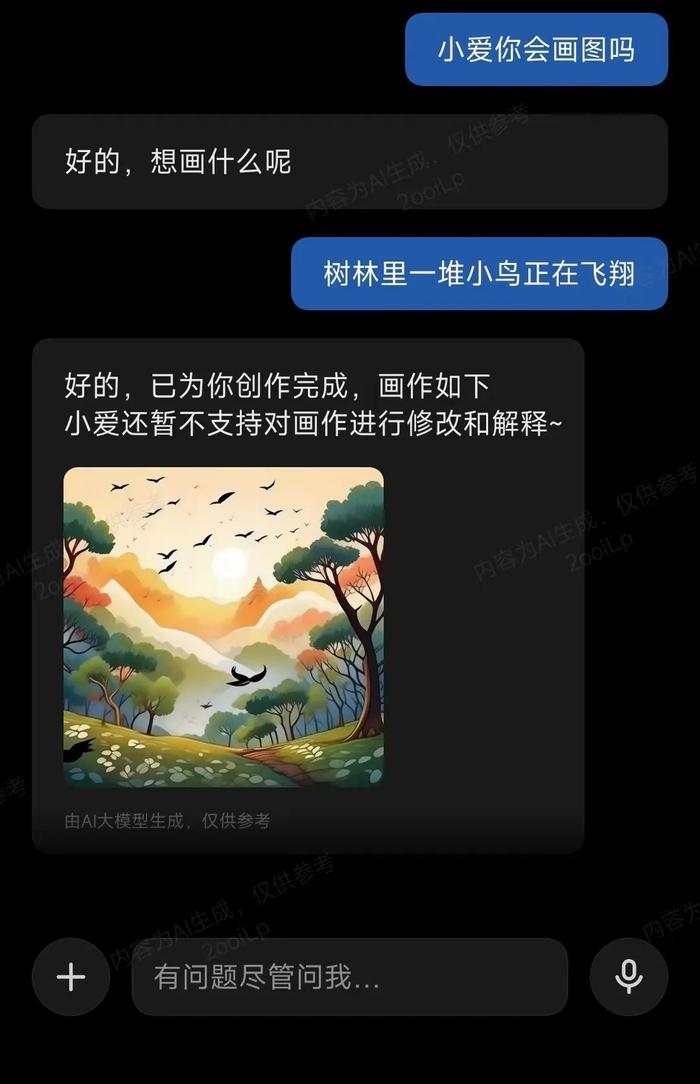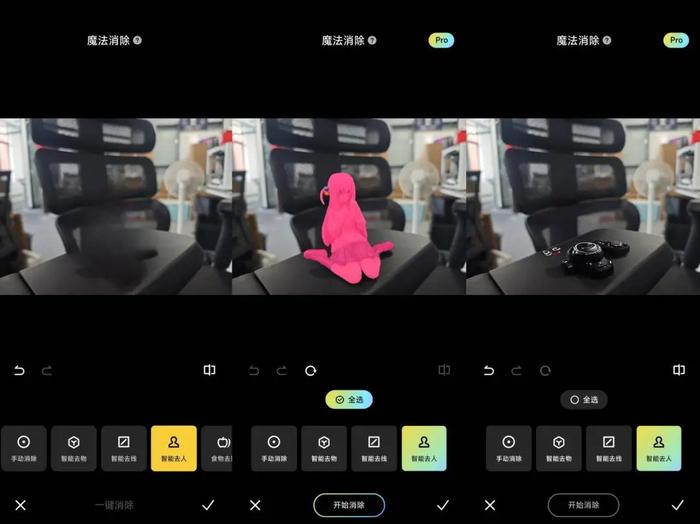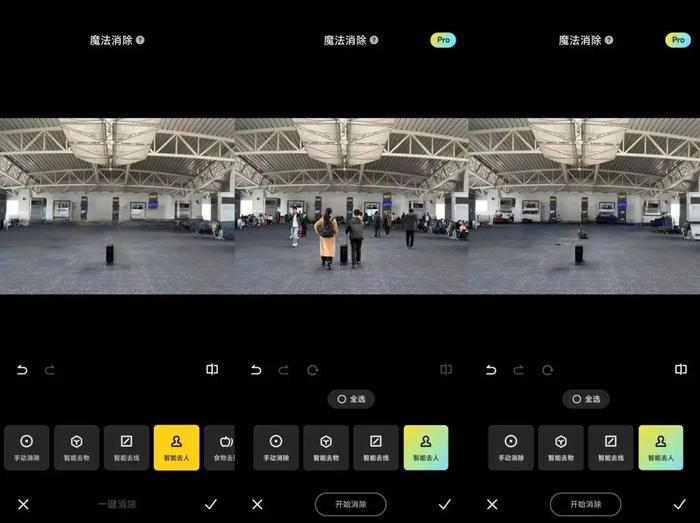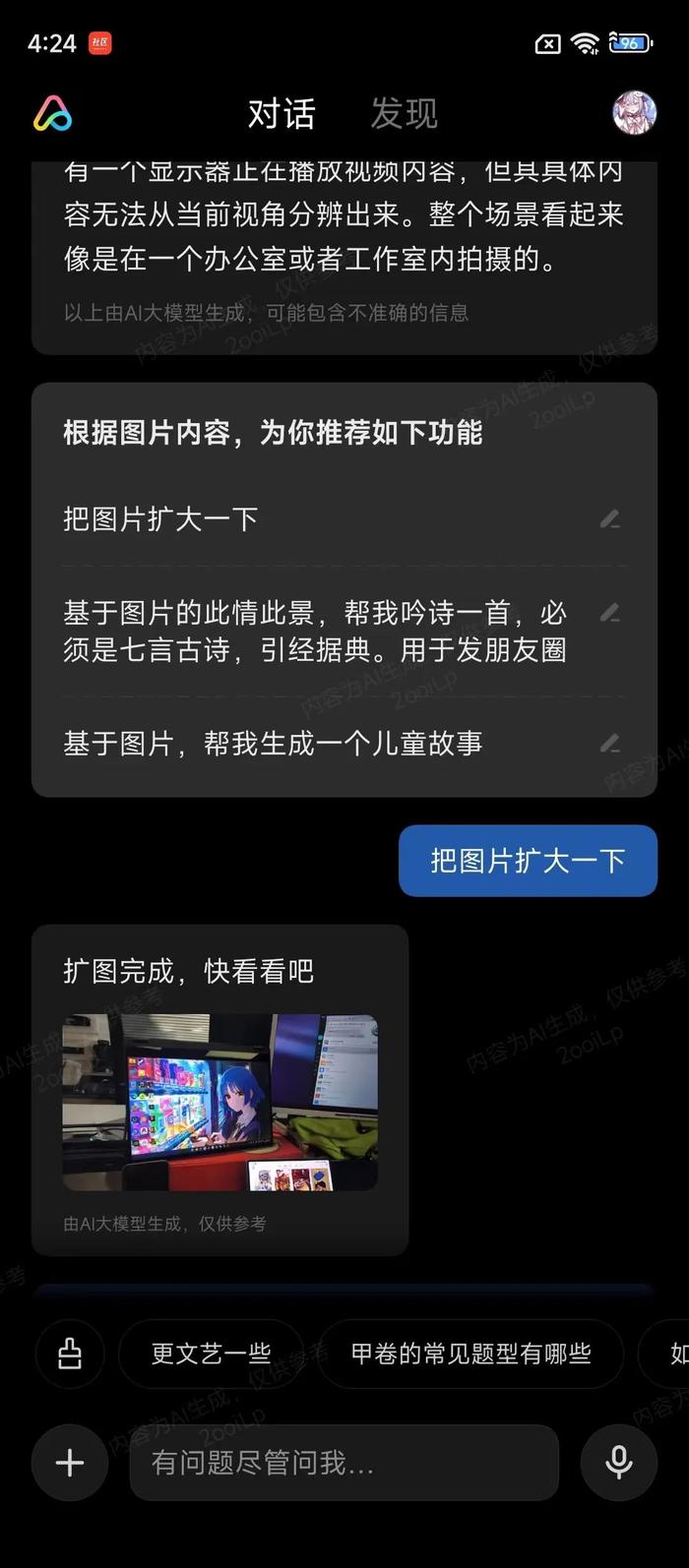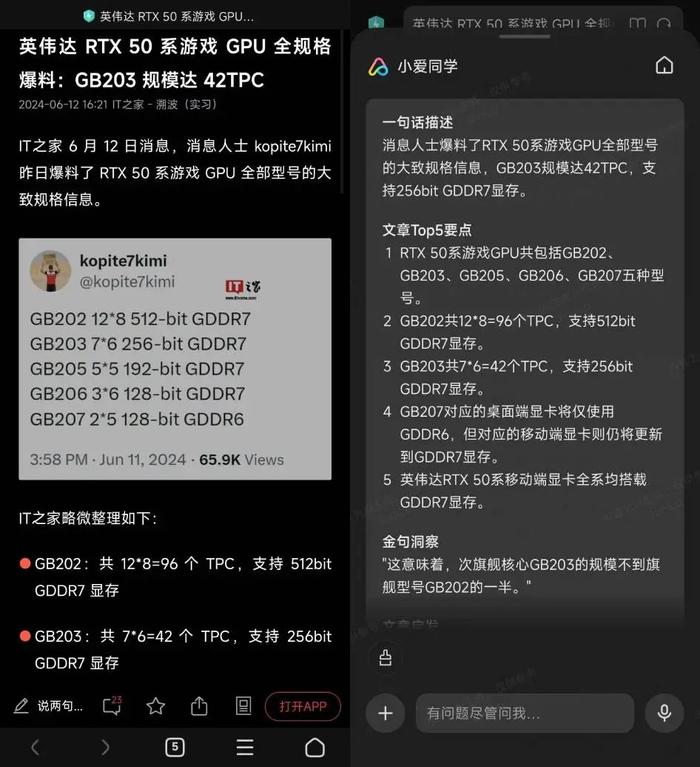[Theme of this issue: Advancing the substantive reform of court trials]
The Prosecutor General takes the lead in handling cases, issues normative documents, and quantifies indicators to create expert talents
Guangzhou: Really Becoming a Leader in Proving Crime by Charges
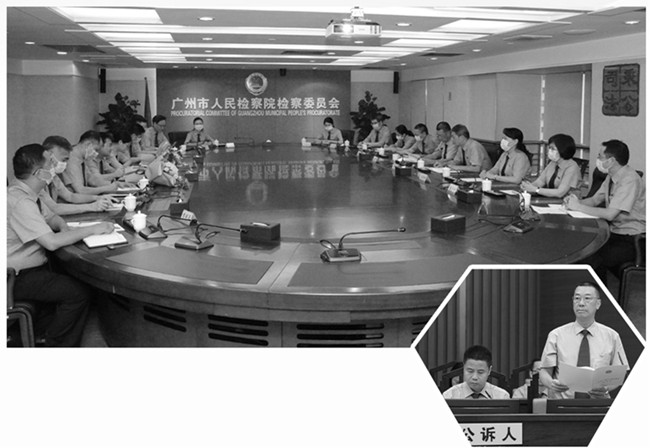
Above: Guangzhou Procuratorate Holds National Top Ten Prosecutors Experience Exchange Symposium
Right: Guangzhou Procuratorate Prosecutor Ou Mingyu (right) appeared in court to prosecute Xie Mouqing’s intentional homicide case
Change the traditional sitting mode of case handling, from the 2D mode of written trial to the 3D judicial experience mode of visiting the crime scene, on-site investigation and review, direct contact with the parties, witnesses and experts;
Change the single proof method of oral reading of evidence, in addition to multimedia presentation of documentary evidence and display of the location of physical evidence extraction, it is also possible to present physical evidence such as crime tools on the spot, broadcast on-site surveillance video, and apply for identification personnel and investigators to testify in court.
Attach great importance to and participate in the pre-trial conference seriously, give full play to the functions of the pre-trial conference in deciding procedural matters, excluding illegal evidence, sorting out the focus of disputes, and determining the trial method, etc., identify facts and evidence problems early, and improve the effectiveness of the accusation of crimes……
At this year’s meeting of the procuratorial organs of Guangzhou City, Guangdong Province, the Guangzhou Municipal Court once again made arrangements to promote the substantive reform of court trials. In recent years, in order to further promote the substantive reform of court trials, the Guangzhou procuratorial organs have accurately grasped the spirit of reform, actively adapted to reform requirements, timely updated judicial concepts, held many meetings to make arrangements for the substantive reform of court trials, and continuously enhanced the awareness of procedures and evidence, and strictly administered justice and fairness.
According to statistics, since 2019, the procuratorial organs of Guangzhou have intervened in 658 cases of various types in advance, supplemented 1,366 cases of investigation guidance and reasoning, supplemented 385 cases of investigation by themselves, used objective evidence to solve 98 major difficult and complex problems, listened to 1,251 opinions of lawyers, victims and their agents in person, prosecuted 677 missed crimes, prosecuted 564 missed crimes, issued 240 procuratorial suggestions, issued 201 notices to correct violations, applied for witnesses, experts, people with specialized knowledge, and investigators to appear in court 69 times, excluded illegal evidence 23 times, carried out various reform pilot tasks in an orderly manner, and the judicial credibility continued to improve. The reform effect gradually emerged.
Demonstration: The Procurator General takes the lead in handling cases and implements the substantive reform of court trials
This is a horrific murder: on June 29, 2018, Xie Mouqing, former dean of the School of Computer Science and Educational Software of Guangzhou University, suspected that he was suspended for investigation because of the report of Luo, director of the school’s science and technology department, and then ambushed Luo and his wife with a knife in the underground parking lot of the school’s administrative building, resulting in serious injuries. After the incident, the procuratorial organs also found that between 2013 and 2016, Xie Mouqing took advantage of his position to embezzle more than 168,000 of public property.
Considering the significant social impact of the case and the fact that it was the first criminal case handled by the Guangzhou Procuratorate after the transfer, which involved both violent crimes and duty-related crimes, Ou Mingyu, the chief prosecutor of the Guangzhou Procuratorate, took the initiative to take the lead in handling the case and appeared in court to support the prosecution in accordance with the requirements of "the evidence is presented in court, the facts of the case are found in court, the defense opinions are published in court, and the judgment results are formed in court."
On September 3, 2019, the trial of Xie Mouqing’s intentional homicide and corruption case began. At the scene of the trial, the prosecutor showed the knives used by the defendant in the murder, showed the hardness and sharpness of the knives, and refuted the defendant’s defense through physical evidence. He also used multimedia means to simultaneously display the on-site investigation and inspection records, photos of the murder scene and the body, and surveillance videos from different angles of the crime process, so that the evidence could speak, and truly restore the whole process of Xie Mouqing’s murder. He also invited experts to attend the trial and responded to the defense’s cross-examination opinions on the spot, revealing to the court Xie Mouqing’s determination to kill and the cruelty of his means.
Ou Mingyu, who appeared in court to support the prosecution, said generously: "We advocate respect for knowledge, respect for talents, and respect for life and law. Because everyone has only one life, and the law is the most powerful weapon to protect citizens’ rights to life, honor and social stability……"
In the end, the court adopted all the accusation opinions of the procuratorial organs, sentenced the defendant Xie Mouqing to death for intentional homicide, deprived of political rights for life, sentenced the defendant to two years in prison for corruption, and fined 100,000 yuan, decided to execute the death penalty, deprived of political rights for life, and fined 100,000 yuan.
The Procurator General took the lead in handling major, complex and difficult new types of cases, which can better handle cases into high-quality cases and typical cases, guide and guide prosecutors to carry forward the spirit of craftsmanship, and make each case into an iron case, so as to promote the professionalization and professionalization of the team. From 2019 to November 2020, leading cadres of the two levels of procuratorate in Guangzhou directly handled 34,398 cases, including 4,851 cases (2,840 difficult and complex cases) handled by hospital leaders and full-time members of the procuratorial committee, and 29,547 cases handled by business department heads.
Norms: 5 categories of normative documents provide guidance for the substantive reform of court trials
"After the Fourth Plenary Session of the 18th Central Committee of the Communist Party of China first proposed to promote the reform of the trial-centered litigation system, the party group of the Guangzhou Municipal Procuratorate attached great importance to it and included this reform into the important agenda for the first time." According to Li Xuedong, deputy chief prosecutor of the Guangzhou Municipal Procuratorate, in order to comprehensively promote the implementation of the substantive reform of court trials, the hospital held many party organization meetings, inspection committees and special promotion meetings to study and deploy relevant work, establish reform work ideas and measures, and quickly formulated and issued the "Guangzhou Procuratorate’s Implementation Plan for Promoting the Reform of the Trial-Centered Criminal Procedure System", which took the lead in the province to implement and gradually improve the core index system of the substantive trial.
The court also issued the "Guidelines for Witnesses, Experts, and Investigators to Appear in Court" and the Guidelines for the Performance Evaluation of Prosecutors in Court to standardize the behavior of witnesses, experts, and investigators in court.
While advancing the reform of integrated arrest and prosecution in a steady and orderly manner, the court formulated and issued 13 normative documents in five categories in response to the weaknesses and outstanding problems existing in the previous procuratorial organs in the process of reviewing arrests, reviewing prosecutions, conducting investigation supervision and trial supervision, providing more systematic guidance for the city’s procuratorial organs to implement the substantive reform of court trials.
Li Xuedong introduced that after formulating and jointly signing a series of normative documents, the Guangzhou Municipal Procuratorate concentrated on promoting the substantive reform of court trials in depth. In terms of pre-court meetings, exclusion of illegal evidence, witness testimony in court, transformation of technical investigation evidence, and guilty plea and punishment in severe criminal cases, the Guangzhou two-level procuratorate worked hard to explore and accumulated valuable experience.
The court handled the country’s first trial substantive reform observation court – Tan Moucheng’s illegal drug possession case, Liu Moutian and other 54 people involved in gangs who were rated by the Supreme Court as "Top Ten Cases to Promote the Rule of Law in 2018", the country’s first major drug crime case wealth investigation pilot case, the first case of technical investigation materials in Guangdong Province, Chen Moufeng’s drug trafficking case, which provided evidence and cross-examination in court and served as the basis for verdict, and a series of typical cases with benchmark significance; Liwan District Procuratorate used "smart court assistants" to deal with difficult and complex cases in court, and the sentencing recommendation and court appearance integrated auxiliary system developed by Nansha District Procuratorate was used by Guangdong Provincial Procuratorate as a knock-out product of smart public prosecution and was promoted in the National Prosecutorial Equipment Exhibition.
Training: Professional teams lay a solid foundation for the substantive trial
On September 27 this year, the seventh National Top Ten Prosecutors and National Excellent Prosecutors Business Competition came to an end in Beijing. After seven days of intense competition, two prosecutors from Guangzhou, Zhang Yu and Li Rui, won the title of "National Top Ten Prosecutors" with excellent results of the first and third in the country respectively. This is the best result achieved by the procuratorial organs of Guangzhou and even Guangdong Province since the first National Excellent Prosecutors Business Competition in 2000.
Li Xuedong told reporters: "In the context of the new era, the procuratorial function has been continuously enriched, and the materialization of court trials has also given new connotations and higher requirements to the traditional functions of approving arrest and prosecution, and has put forward higher and stricter requirements for the ability of prosecutors to perform their duties and the role of litigation status."
As a major case handler in the province and even the whole country, the criminal litigation business of Guangzhou procuratorial organs has a large volume and many types of cases, which provides a fertile soil for the training and improvement of the professional ability of the criminal inspection team. Since the formulation and implementation of the "Trial Substantiation Prosecutorial Core Index System (Trial) ", Guangzhou procuratorial organs have begun to reflect the effectiveness of trial substantive work with quantitative indicators, follow the talent training concept of "practice brings true knowledge, practice produces talents", and guide prosecutors to handle each case well through indicators. At the same time, business backbones, especially young prosecutors, are encouraged to take the initiative to take the initiative, overcome difficulties, handle more cases, handle cases quickly, and handle cases well. Through a large number of "bone cases" practical exercises, they have forged excellent business skills, and strive to create a group of expert prosecutors who can handle cases and handle cases well.
In addition to the concept update and actual combat exercises, the hospital has also actively created training workshops with Guangzhou procuratorial characteristics, led the organization of legal community training courses, established a prosecutor forum, conducted trial observation, launched a series of post training activities such as "Public Prosecution Sailing", and carried out cadre exchanges and joint training with financial supervision, intellectual property, ecological environment and other departments to provide a good and convenient learning platform for procuratorial police officers to make up for knowledge weaknesses, ability shortcomings and experience blind spots in a timely manner.
At the same time, the two-level procuratorate of Guangzhou City attaches great importance to cultivating and promoting the procuratorial professionalism, strengthening the construction of party style and clean government and judicial style, adhering to the combination of strict management, love, encouragement and restraint, establishing and improving the internal restriction and supervision mechanism of the criminal procuratorial department after the reform of the integration of arrest and prosecution, improving the quality and efficiency of case handling assessment and evaluation mechanism, creating a good ecological environment for the growth of criminal inspection talents, and striving to build a well-disciplined, professional and excellent work style of the criminal inspection team.
(Our reporter Zhong Yaya, correspondents Xiong Huan, Han Danqian, Huang Jiemei)
self-supplementary investigation
Huangpu: Field visits found evidence of breaking through "zero confession"
"We didn’t go to the factory to steal anything." In the theft of Luo and Wei, video surveillance confirmed that the two got off the highway in the early morning. Three hours later, the video captured two people climbing over the wall and entering the factory to steal, but Luo and Wei refused to admit that they did it. The public security organs only inspected the scene of the theft in the factory, so it is disputed whether the two people who entered the factory to steal were Luo and Wei.
In order to remove reasonable doubt and accurately determine the facts, the prosecutor of Huangpu District Procuratorate of Guangzhou City inspected the scene of the crime and found that the expressway and the factory area were closed spaces, and only by getting off the expressway could they enter the factory area. During the crime, only Luo and Wei got off the expressway, so it was enough to determine that the theft was committed by the two of them. Therefore, he suggested and guided the public security organs to re-inspect the scene, and finally prosecuted Luo and Wei with zero confession.
Strengthening the awareness and ability of self-supplementary investigation is of great significance for realizing the win-win effect of charging crimes and investigation supervision, ensuring that public prosecution provides evidence fully and effectively, and promoting the reform of the litigation system centered on trial.
In recent years, the court has successively issued three self-supplemental investigation working mechanisms, and gradually built a "2 + 6" working model based on the premise of complicated and simple diversion and quick handling of simple cases, and based on necessary and sufficient pre-trial preparations, with self-supplemental investigation, exclusion of illegal evidence, pre-trial conferences, witnesses appearing in court, multimedia evidence display, and legal supervision as the focus of the "2 + 6" working model.
The materialization of court trials is mainly applicable to difficult and complex cases in which the prosecution and defense parties have a large dispute over the facts of the case. The hospital takes the leadership of refining and strengthening the professional case handling organization, and sets up 14 professional case handling teams including enterprise-related and intellectual property-related cases, guided by special case handling, complex and simple diversion of criminal cases, and simple case handling. The case diversion standards and trial plans have been built and improved. Cases subject to expedited and simplified procedures accounted for 83.11%.
In the reform of the materialization of court trials, the court supplemented 87 cases of investigation on its own, and 15 major difficult and complex cases using multimedia evidence were accepted by the court. Applicants appeared in court 12 times, initiated illegal evidence investigation procedures 15 times, and excluded illegal evidence 5 times.
"The materialization of the trial has forced the prosecution and defense to improve their ability to present evidence, argue and control the trial. Whether it is the prosecution and defense or the investigation agency, it has put forward higher requirements. This is more conducive to discovering the truth of the case, fully protecting the human rights of the defendant, and effectively avoiding the occurrence of unjust and false convictions." Chen Zhuolin, the prosecutor general of the hospital, said with deep emotion.
guide investigation
Panyu: A production detail made the defendant bow in court
"Prosecutor, I admit to counterfeiting registered trademarks, and the actual sales price is about 3 yuan each. I am willing to plead guilty and accept punishment." When the alleged offender Luo saw the company’s production details and cost details in front of him, he confessed to all the facts of the crime and voluntarily pleaded guilty.
Luo registered and operated a mobile phone case manufacturer in Panyu, Guangzhou. In early March this year, Luo received an order from abroad for a well-known brand of mobile phone case. Knowing that unauthorized production constituted infringement, Luo chose to take the risk to complete the order. He purchased a batch of original cases of mobile phone cases from downstream suppliers and asked workers to print a well-known brand logo on the internal flannel and outer packaging box of the original case. In mid-May, when the order was completed and ready to be shipped, it was stolen by the public security organs who received the report and was seized.
After arriving at the case, Luo maintained that there was no production and processing behavior, but only resale. When the batch of mobile phone cases were purchased, the surface and packaging had already come with a well-known brand logo, and the actual sales price was about 0.5 yuan each.
The case was quickly transferred to the Panyu District Procuratorate for review and arrest. The prosecutor found that the value of the mobile phone case seized at the scene had reached the starting point of the crime of counterfeiting registered trademarks. After that, he made a decision to approve the arrest of Luo and issued a detailed outline for continued investigation, listing 7 supplementary investigation measures to supplement the evidence.
In August, the case entered the stage of review and prosecution. Luo still insisted on the false excuse that there was no production and processing, but only sales of mobile phone cases. The contractor prosecutor continued to make efforts to promote dynamic, whole-process, and effective guidance of the investigation by handling the case firsthand. When combing through the evidence in the case in detail, the contractor prosecutor found that there were multiple seals of the infringed brand logo seized on the spot on the attachment list, so he quickly contacted the public security manager and went directly to the physical evidence storage warehouse of the public security organ. After careful comparison, he found that although the surface of the infringing mobile phone case did not have the pattern of the brand logo seal seized on the spot, the packaging of the mobile phone case was opened, and there was an embossed brand logo on the internal flannel, and the pattern was exactly the same as the seal pattern seized on the spot.
The contractor prosecutor also dug into a pile of corporate data seized at the crime scene and found a production and cost schedule for March, which listed the quantity, unit price and purchase cost of the seized mobile phone case orders. After questioning the tabulator of the form, the actual sales price was finally verified.
When the prosecutor put the seal and mobile phone case pattern comparison chart, the above form and the testimony of the tabulator in front of Luo and his defence counsel, Luo confessed to all the facts of the crime.
It is understood that in recent years, the court has continuously strengthened its pretrial dominance, comprehensively used a variety of methods to dynamically review evidence, guided investigators to comprehensively collect, fix and improve evidence in accordance with the law, and timely put forward evidence collection opinions and applicable legal opinions, which is more conducive to finding a breakthrough in the case and actively exploring the construction of a criminal accusation system with evidence as the core.
"Integrated Appearance" System
Nansha: With the help of multimedia, the indictment can be seen and heard
At the moment when the trial-centered litigation system reform has entered the deep water area, the implementation of the substantive reform of court trials requires prosecutors to "strengthen their internal strength", but more importantly, the procuratorial organs need to be able to use high-tech to provide practical and effective ways and paths for the substantive work of court trials.
In September 2018, the criminal case of the defendants Ruan and others who were prosecuted by the Nansha District Procuratorate of Guangzhou City was heard in public. The criminal case involved complex characters, organizational structure, multiple criminal facts, and various types of evidence, which brought certain difficulties to the trial. How to complete the trial work quickly and efficiently and make the trial substantive is an urgent problem for prosecutors to solve.
Therefore, Zhao Jian, the prosecutor of the hospital, decided to conduct the first practical exercise of the "court appearance integration" system developed by the hospital in cooperation with a software company. The system can complete the production of court trial evidence plans through intelligent text recognition technology, artificial intelligence construction technology, and image template embedding technology. The prosecutor only needs to import the review report and electronic file into the system, and in a few minutes, it can generate display content including the relationship diagram of the person involved, the timeline of the case, the matching of the facts to be proved and the evidence ball, and the automatic link of the electronic file. The multimedia evidence scheme can be generated without increasing the workload of the prosecutor.
During the trial, the prosecutor can visually display the full picture of the case when reading the indictment, including when the triad organization formed a gang, when the organization was established, who was in the organization, the status of the individual in the organizational structure, and when the organization committed what crime. In the process of cross-examination of evidence, the prosecutor automatically connects the evidence map and the file to clearly display the content of the evidence in the whole case. In the court debate, the prosecutor demonstrates the integrity of the evidence chain in each criminal fact and the relationship between the evidence and the evidence in detail according to the evidence matching diagram of the facts to be proved.
Due to the clear and appropriate evidence in the trial, the defendant and the defense can also respond in a targeted manner according to the logic of evidence, which fully guarantees that the materialization of the trial of major difficult and complex cases can be implemented, and the trial effect has been unanimously praised by the judge and the defense. In the end, the criminal facts charged by the procuratorial organs and the crimes found were all accepted by the court, and the defendant pleaded guilty and served the law.
Witnesses testify in court
Haizhu: After the victim’s video testimony, the black boss was speechless
On April 10, 2019, the Haizhu District Procuratorate of Guangzhou City prosecuted Shi Moubing and other 56 people in a gang-related case. During the escort trial and at the scene of the trial, the first offender Shi Moubing was arrogant. "I see who dares to testify against me", Shi Moubing repeatedly threatened other defendants.
After investigation, since 2009, Shi Moubing has gathered idle social personnel in Guangzhou, and through the organized implementation of illegal and criminal acts such as opening casinos, gathering people to fight, picking quarrels and provoking trouble, illegal detention, extortion, and illegal possession of guns, he has amassed large amounts of illegal wealth, realizing the purpose of protecting gambling with black people and raising black people with gambling.
In the process of handling the case, the special team of Haizhu District Procuratorate made full use of the lenient system of pleading guilty and accepting punishment, based on factual evidence, to achieve the whole process of negotiation in the lawsuit, and adopted the strategy of "dividing and disintegrating, breaking down one by one". Many defendants pleaded guilty and accepted punishment. However, the two organization leaders in the case always refused to plead guilty, and because the first offender Shi Moubing was fierce, other members of the organization were afraid of him.
Combined with the requirements of the materialization of the trial, the prosecutor of the court successfully applied the principle of direct words in the trial, applying for the victim to testify in court to fully accuse and reveal the crime of the organization. After investigation and judgment, the prosecutor believed that one of the victims, Jin Moubing, was the most suitable to testify in court. Jin Moubing participated in Shi Moubing’s early opening of a casino, and was later illegally detained by Shi Moubing with iron chains and iron cages. He was forced to write a huge IOU and was forced to leave his hometown for many years.
In the pre-trial meeting, the first criminal Shi Moubing and his defense also put forward a request for Jin Moubing to testify in court. The prosecutor judged Shi Moubing because of his confidence in his power and believed that Jin Moubing did not dare to confront him in court, so he made the above request. In order to achieve a good accusation effect, the task force formulated a detailed court appearance plan. To ensure the safety of Jin Moubing, the prosecutor suggested that the court adopt a remote video method for him to testify in court. Jin Moubing accused Shi Moubing in the testimony room through two-way video and covered his face with mosaics, which was accepted by the court.
During the trial, according to the pre-trial plan, the prosecutor comprehensively questioned from multiple angles, so that he fully and completely exposed Shi Moubing’s cruel criminal methods and their bad influence. Due to the full preparation before the trial and multiple guarantees for the personal safety of the victim, Jin Moubing completely dispelled his ideological concerns, answered the prosecutor’s questions in detail in court, and forcefully responded to the defense’s questioning, causing Shi Moubing to be speechless during the confrontation with him, which effectively improved the quality of the trial.
The parties to criminal cases and other litigation participants to testify in court is an important means to ensure justice and fairness in criminal trials, and it is also an important measure to implement the trial-centered litigation system reform. The court has formulated the "Witness Testimony Protection Mechanism" and related safeguard measures to gradually realize the normalization of the appearance of parties to criminal cases and other litigation participants in court, and to strengthen the prosecution’s trial and accusation.
Developing a team of prosecutors
Huadu: The C-position Debut of an Excellent Public Prosecutor
The materialization of trial is an effective practice path for the reform of the criminal litigation system centered on trial. The Huadu District Procuratorate has established a complete public prosecution talent echelon through a series of measures, so that each prosecutor has a calm and calm psychological quality, profound legal theory foundation, accurate language expression ability and flexible court response ability, which can effectively deal with the challenges brought by the materialization of trial.
"Some people think that the crime of transporting drugs requires crossing administrative regions, what do you think?" "What is the transportation distance for the crime of transporting drugs?"……These "tricky questions" are not discussions on a major case, but a way for prosecutors in Guangzhou’s Huadu District Procuratorate to train – "brainstorming" defense, which can not only train prosecutors to refine the facts, but also conduct in-depth discussions on the application of law.
In the face of the "deadly serial calls" of the coaching team and the various "magic blades" of spectators, how can they express their opinions confidently and fluently? The prosecutor of the hospital relies on the original "three-minute walk impromptu speech method". When the prosecutor takes a walk after dinner, the coach will temporarily draw up a theme and ask everyone to take turns to make an impromptu speech for three minutes. Although it may attract the onlookers of passers-by, what the prosecutor needs to do is to be able to express his thoughts without distraction, no matter what the environment is, and let the audience hear it clearly.
Fluent expression is only a basic requirement for an excellent prosecutor, and solid theoretical knowledge is a necessary skill for a prosecutor to advance. The "Private School of Criminal Law" podium every Friday afternoon in the hospital is a concentrated study time for all prosecutors in the hospital. Each prosecutor is responsible for a chapter of the criminal law. Prepare lessons in advance, prepare key issues, controversial issues, and focus issues in court trials, take turns on the stage, discover the opposition and integration of each other in the exchange of theory and practice, and finally come to a proper conclusion in the face of difficult cases.
The court believes that "excellent prosecutors are not’compared ‘by competition, but’fed’ by cases, and kung fu is outside the competition." Zhang Yu, who recently won the seventh National Top Ten Prosecutors, participated in the 2017 Guangzhou Prosecutorial System Prosecution and Defense Competition. That year, she still handled 101 cases and 162 people. In 2018, she handled 76 cases and 89 people.
Prosecutors can stand out, in addition to their own hard work, but also can not do without the efforts of the whole hospital. The hospital through the recruitment of procuratorial auxiliary staff and innovation of multi-level public prosecution case handling model to reduce the pressure of handling cases, transactional work handled by assistants and clerks.
This series of measures has enabled each prosecutor of the Huadu District Procuratorate to possess a calm and composed psychological quality, a profound foundation in legal theory, accurate language expression, and flexible court response capabilities, enabling them to effectively respond to the challenges posed by the materialization of court trials.
(Manuscript co-ordination: our reporter Zhong Yaya, correspondents Zhang Cheng, Cui Jiefeng, Zhang Lingfeng, Wu Xinxia, Liu Yunfeng)






